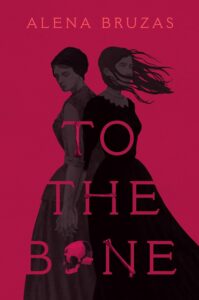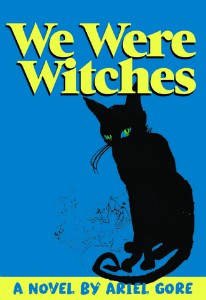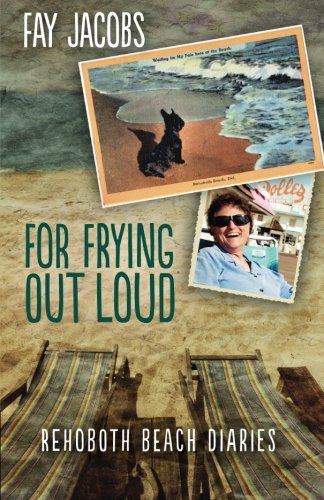To the Bone is the story of Ellis, an indentured girl in the Jamestown settlement of the Virginia colony. Ellis aspires toward little more than goodness; born poor in the late 1500s, she can neither read nor count, but understands the world as preachers sketch its edges. She works hard as a servant to the semi-prominent Collins couple, but finds her attentions often drawn away by fun, curiosity, and Jane Eddowes.
This is a brutal read. I don’t mean that as either a positive or negative, simply as a fact. This is a Pilgrim story with the propaganda stripped away. This is a story about a Puritan girl conditioned to accept the abuse she’s dealt. This is a story about colonizers who despise Indigenous people and a story about colonizers who lack the education to even consider them. This is a story about the Starving Time… and what was eaten when the “food” ran out.
I loved this book. Its sparse, atmospheric prose both suits the uneducated narrator and asks readers to accept themselves into the historical setting. There’s no hand-holding here. Ellis does not explain her world; she simply exists within it. I love seeing a character who is the product of her time—superstitious, ignorant, indoctrinated—and yet a person all the same. She yearns. She wonders. She learns. Of course, in a book as harsh as this one, that may not be enough.
As a reviewer, I can and will offer my opinion, but please keep in mind that I can speak to only some of the representation here. The queer representation, Ellis’s relationship with Jane, felt achingly familiar. Anyone who’s ever been a teenage girl with a crush will empathize here. I also appreciated the representation of anxious self-injury. It was never directly addressed, and this isn’t a book where anything was neatly resolved. But it was clear. Like everything else, it was simple fact.
As for representation of Indigenous people, I can’t speak on a personal level. I thought the book was fair. The ways Indigenous characters acted might have been portrayed as aggressive by some, but Alena Bruzas didn’t fall into that trap. She showed the background of political and social strife that led to it. In author’s notes, she acknowledged where she had taken creative license and why she made the choices she did. However, not being Indigenous myself, I can only offer an outsider’s perspective.
In conclusion… oh, this was so good. This was so horrific. I haven’t been so viscerally compelled and repelled by anything in a long time. I adore so many of the pieces here: a flawed character who represents her time; an ugly, honest, brutal work; the sheer determination to wring you as the colonists are wrung.
But do proceed with caution. None of the content warnings ought to be taken lightly.
Content warnings: domestic violence, cannibalism, starvation, anxiety, self-injury, racism (specifically anti-Indigenous racism), death, violent death, religious trauma, attempted abortion, desecration of a fetus, slaughter of livestock, violence against domestic animals, animal death, eating domestic animals



